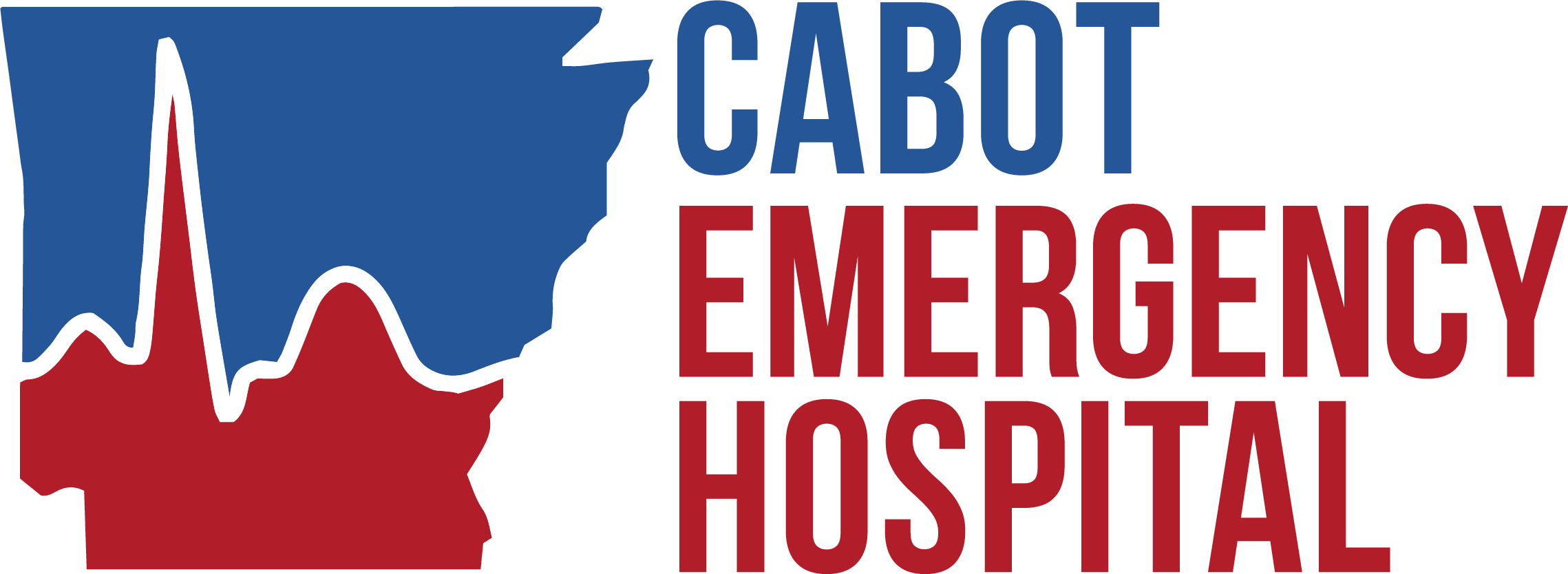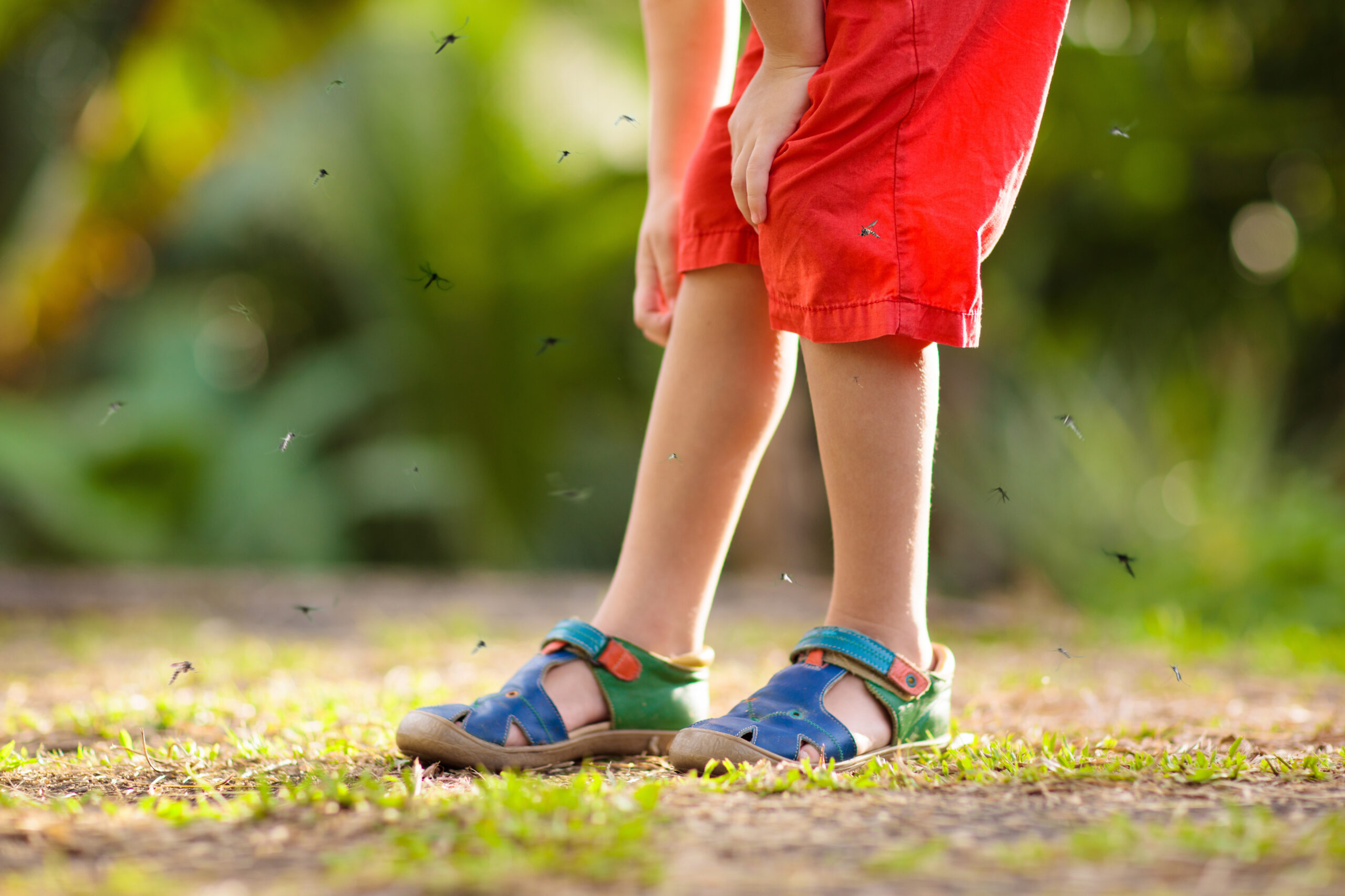Summertime is filled with long days spent outdoors. Whether you’re laying out by a pool, riding a bike, or swimming in a lake, it’s all fun and games until your day in the sun results in a painful burn or sting.
This month, we’re sharing a few simple safety tips everyone can benefit from during the hotter months.
Sunburns
Sunburns are almost synonymous with summer, but they’re not as harmless as you may think. Once the initial sting wears off, and the redness fades, you probably assume the worst of it is over, but studies show that having five or more sunburns actually doubles your risk for melanoma.
Ultraviolet (UV) radiation—from both the sun and a tanning bed—is a proven human carcinogen and the leading cause of skin cancer. One in every five Americans will develop skin cancer by the age of 70, and more than two people in the U.S. die from it every hour. The good news is, there’s a magical formula to protect your skin and prevent sun damage, and it’s SPF!
Each person’s skin is unique, so some may require a higher number of sun protection factor (SPF) than others. If you’re unsure what SPF your skin needs, check out Banana Boat’s helpful SPF selection guide here.
For ultimate protection from UV rays, be sure to slip, slop, slap, and wrap before you go outside.
- Slip on a shirt
- Slop on sunscreen
- Slap on a hat
- Wrap on sunglasses
If you do get a sunburn, at-home care can likely help soothe the skin. Aloe vera gel and cooling lotions help alleviate the burn, while ice and cold water can mitigate the sting.
Give us a visit if at-home care doesn’t help, or if your sunburn is accompanied by any of the following:
- High fever
- Severe pain
- Headache
- Dehydration
- Confusion
- Chills
- Nausea
- Blistering
- Covers the majority of your body
- Skin infection—swelling, pus, or red streaks from blisters
Stings
While outdoors this summer, burns aren’t the only thing to be careful of. Although the pesky insects flying around are usually just an annoyance, getting stung by one can be a different story.
For most people, a bee, wasp, or hornet sting is painful, but not a threat to their health. However, many others are not aware they’re allergic to certain insects until they’re having an allergic reaction to a sting. A non-allergic reaction includes swelling, redness, and itching, while an anaphylactic reaction is more severe.
Symptoms of an anaphylactic reaction include:
- Itching
- Hives
- Stomach cramps
- Nausea
- Diarrhea
- Difficulty breathing
- Dizziness
- Swelling in the tongue or throat
If these signs show up after a sting, give us a call at 501-333-9110 and seek medical care.
If you get stung, you should wash the bite with warm water and soap, and then apply a cold compress or ice to the area to reduce swelling. Antihistamines like Benadryl and Zyrtec can help with the itching, but it’s important not to scratch or touch the area too much to avoid further irritation and infection. At-home care should never be done in place of proper medical care.
Avoid stings this summer with these five helpful tricks:
- Remove old tree stumps or piles of debris that insects could nest in
- Don’t leave food uncovered outside
- Keep a lid on outdoor trash cans and keep them away from the house
- Wear shoes outside, especially in grassy areas
- Avoid wearing sweet-smelling fragrances while spending time outdoors
Although burns and stings can land you in our ER, injuries, broken bones, and lacerations are also more prevalent in the summertime. Luckily, we’re here for you 24/7, 365 days a year, no matter how major or minor the health issue. Visit us any time for the premier care you and your family deserve, at 212 Willie Ray Dr. in Cabot, Arkansas.
Disclaimer: As a service to our readers, Cabot Emergency Hospital and Nutex Health state no content on this site, regardless of date, should ever be used as a substitute for direct medical advice from your doctor or other qualified clinicians.
Nutex Health, Inc supports you and your family’s health. Cabot Emergency Hospital is always ready to provide the emergency care you deserve, 24 hours a day, 365 days a year.





Comments are closed